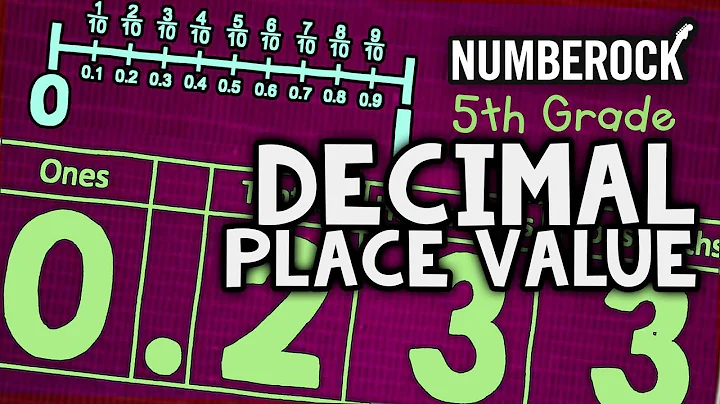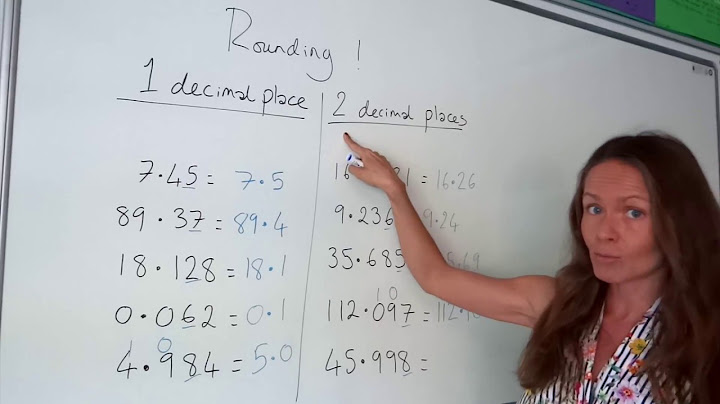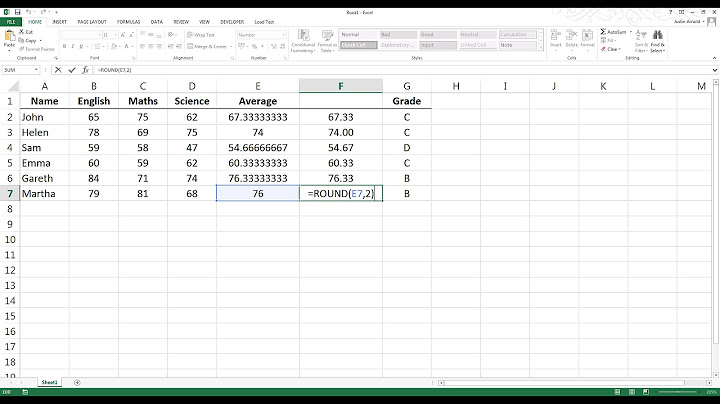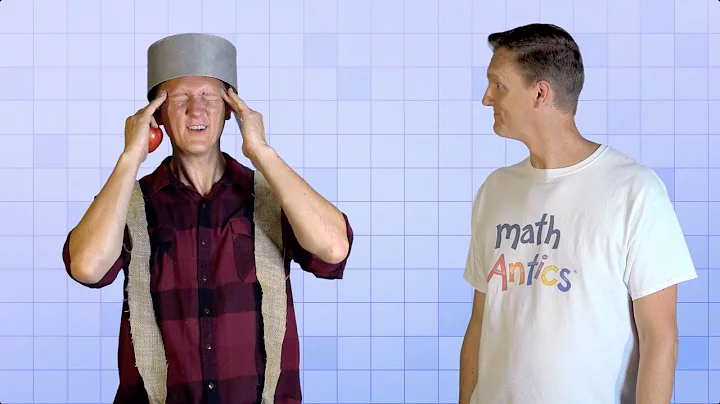Counting the number of decimal places in pascal
Solution 1
The Format() function is normally used in situations like this.
WriteLn(Format('%*.*f', [0, dec, your_real_number]));
*.* is interpreted as total_characters.decimal_digits. Passing zero for the first means that width is adjusted according to how large your real is. The number of decimals can be a variable (dec), which you can adjust to your specification.
Update:
You mention that you want an exact representation of a float with respect to the number of decimals.
As mentioned in my comment, most floating point values does not have a finite number of decimals. And most decimal fractions cannot be represented by a binary type.
There are some libraries that can handle floating point values of arbitrary size. See TBigFloat for example. There is a formatting routine that can strip redundant zeroes from a decimal float.
Still, there is a possibility to remove trailing zeroes by using the general format specifier:
WriteLn(Format('%g',[your_real_number]));
You can specify the width and the number of significant digits as well.
Solution 2
For example, if you have input x=1.51 in real variable type, then you write only writeln(x), the output will be 1.5100000000. If you write writeln(x:0:3), the output will be 1.510 (3 digits after ".") ...
var x: real;
Begin
x:=1.51;
writeln(x); //output 1.5100000000
writeln(x:0:4); //output 1.5100 (4 digits after ".")
writeln(x:0:2); //output 1.51 (2 digits after ".")
readln;
End.
From your other example, if your input is 1.512426, with writeln(x:0:5) it will only show 5 digits after "." and the output will be 1.51242
var x: real;
Begin
x:=1.512426;
writeln(x); //output 1.5124260000
writeln(x:0:4); //output 1.5124 (4 digits after ".")
writeln(x:0:2); //output 1.51 (2 digits after ".")
readln;
End.
So, if you write writeln(x:0:dec) the output will be "dec" digits after "."
Hope this helps, I'm just trying to answer from a different perspective.
Related videos on Youtube
Lorenzo Rossi
Updated on June 04, 2022Comments
-
Lorenzo Rossi almost 2 years
I just started studying pascal and I have to do a pascal program as homework. I made it but I don't know how to count the number of decimal places in a real number (the number of digit after the ".").
I need it just to format well a real number (like
write(real:0:dec)wheredecis the number of decimal digit i don't know how to know). I'd like to do that because i don't want it in scientific notation or with many unnecessary zeros.For example if a real number is 1.51 (x) and I write writeln(x:0:4); or WriteLn(Format('%*.*f', [0, 4, x])); it will show 1.5100 but I want it to be just 1.51; and if the number is like 1.513436, it will show only 1.5134 . So I would make it like writeln(x:0:dec); with something that makes dec the number of decimal digits of x.
-
Marco van de Voort almost 11 yearsYou added the general "Pascal" tag. Please mention compiler/dialect of Pascal.
-
-
Lorenzo Rossi almost 11 yearsThanks, but i still don't understand how can I format a number showing just the needed digit. For example if a real number is 1.51 (x) and I write
writeln(x:0:4);orWriteLn(Format('%*.*f', [0, 4, x]));it will show 1.5100 but I want it to be just 1.51; and if the number is like 1.513436, it will show only 1.5134 . So I would make it likewriteln(x:0:dec);with something that makesdecthe number of decimal digits ofx. -
LU RD almost 11 yearsFloating point values often does not have a finite number of decimals. Also the binary representation of a float often cannot hold more than a few decimals to a exact value. A single type cannot represent 0.1 exactly as an example. See this blog,
Floating point numbersfor a good pascal summary of floating point values. Here is one more link,How deal with the fact that most decimal fractions cannot be accurately represented in binary?. -
Marco van de Voort almost 11 yearsFormat() is not pascal, but specific for Delphi and compatibles.
-
LU RD almost 11 years@MarcovandeVoort, ok. I assumed it was Free Pascal, perhaps it was wrong.
-
Marco van de Voort almost 11 yearsDelphi and FPC together is the bulk of Pascal nowadays. But they have their own (set of) tags. Please help keep [pascal] a bit pure.








